South Africa: Just What I Did(n’t) Expect.
January 9, 2015
I’ve been fortunate to travel throughout my 15 years on this Earth to a variety of places, from Europe, Asia to central, South America and within the United States. During this last winter break of 2014/2015, I, Ted Weiss, decided to venture off to South Africa.
Okay, so me being the naive American that I am (and basically all of you reading this) I was a little scared. With social media, not only is it easier to spread news, but it’s just as easy to spread fear. In the months leading up to my trip I could not scroll through Facebook or watch a news program without Ebola being blasted into my brain.
To my excitement, I had a refueling stop in Dakar, Senegal. To me, Senegal = West Africa, West Africa = Ebola, Ebola = Death. I was scared – not enough for me to not go, but enough for me to worry in the back of my head.
But let me get this straight: there are many misconceptions about Africa. I also second that are are also lots and lots of true conceptions about South Africa, and Africa in general.
This story is solely based on less than three weeks in South Africa. I do not claim to be an expert in domestic matters in South Africa. My personal thoughts have been influenced through talking to locals and also my dad who lived during the Apartheid era in Umptata, South Africa in 1983 and 1984. So I repeat, this is not all fact, mostly observational.
Firstly, Africa is the second largest continent, the United States of America could fit no less than 3 times in Africa. So with that in mind, remember that Maine isn’t that similar to Los Angles. Culturally and geographically, it’s very different (in the same way that China and Japan are not the same). South Africa does not represent all of Africa.
Here are some myths:
1) Not everyone lives in shacks without water and electricity. There’s definitely a lot of poverty in South Africa, but remember, poverty is inevitable in a capitalistic world, and there’s poverty in all the corners of this Earth. I saw Gucci, Polo, Giorgio Armani stores. I did eat at a four-star restaurant, and a waiter looked at me and said, “Look up, you’re told that there’s poverty, [but] there’s money in Africa.” For me as an American, I was shocked. What I’m saying, is that there’s money in South Africa, but to say the least it’s unevenly distributed. About 10% of the population owns around 80% of land, in South Africa, just a little but of perspective.
1b) Okay, so there’s no question that there’s money, but how much? At least in South Africa, based solely of my observations and asking locals, white South Africans rule the economy, whilst black South Africans rule politics. South African President Jacob Zuma also agrees. “The structure of the apartheid-era economy has remained largely intact,” he said to thousands of ANC delegates . So the whites have almost total control of the economy, but after that, there’s not that much money. I thought of it as the Hunger Games, with cities such as Cape Town (that being the capital in the Hunger Games) inhabited with mostly whites, filled with expensive fashion Western stores, nice restaurants and people wearing fancy clothes. But no more than a 30 minutes drive away from those towns, it’s shacks with little to no water and plumbing.
2) Another common misconception: all of South Africa is populated by blacks. When I was there, no one batted an eye, and I was not looked at like an outsider, unlike places like China, where some people have never seen a green eyed boy with dirty blond hair; in South Africa I was not asked for photos. There’s a large white community (thank you, European imperialists) of roughly 9%. Just like any region in the United States or anywhere in the world for that matter, not one place is 100% of the same race. Africa isn’t all black, just like the United States isn’t all white.
So, as the son of a newspaper publisher/owner and also someone who currently works for a school newspaper, I’m here to tell you just don’t believe everything on the news.

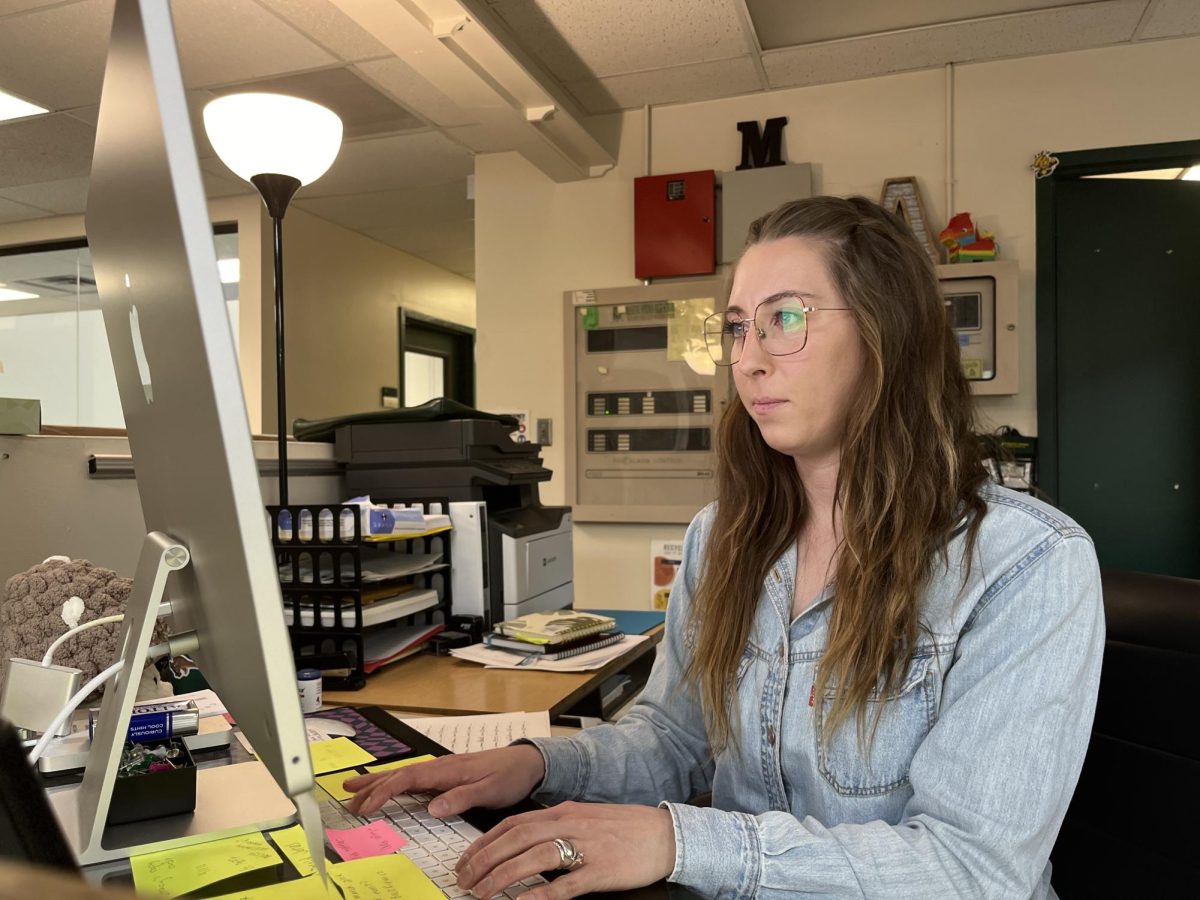
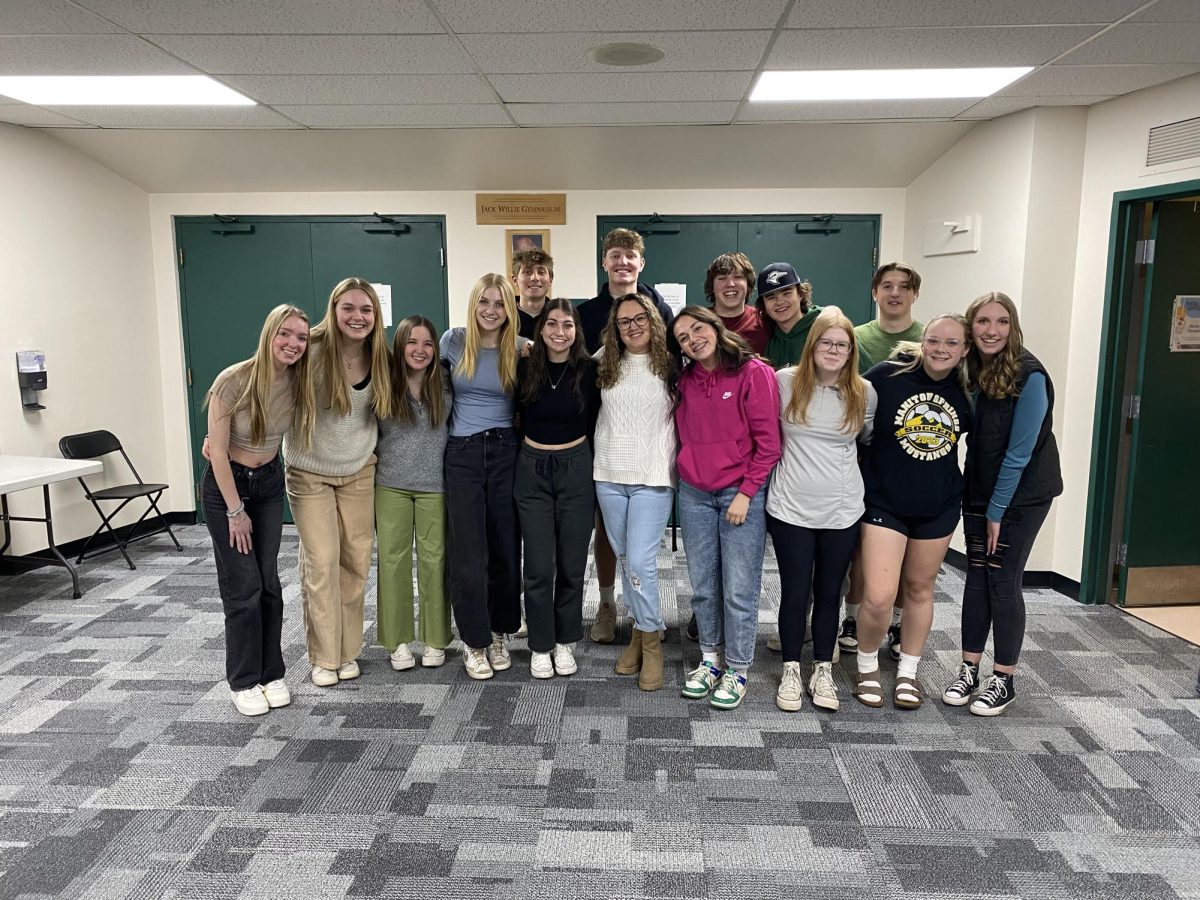
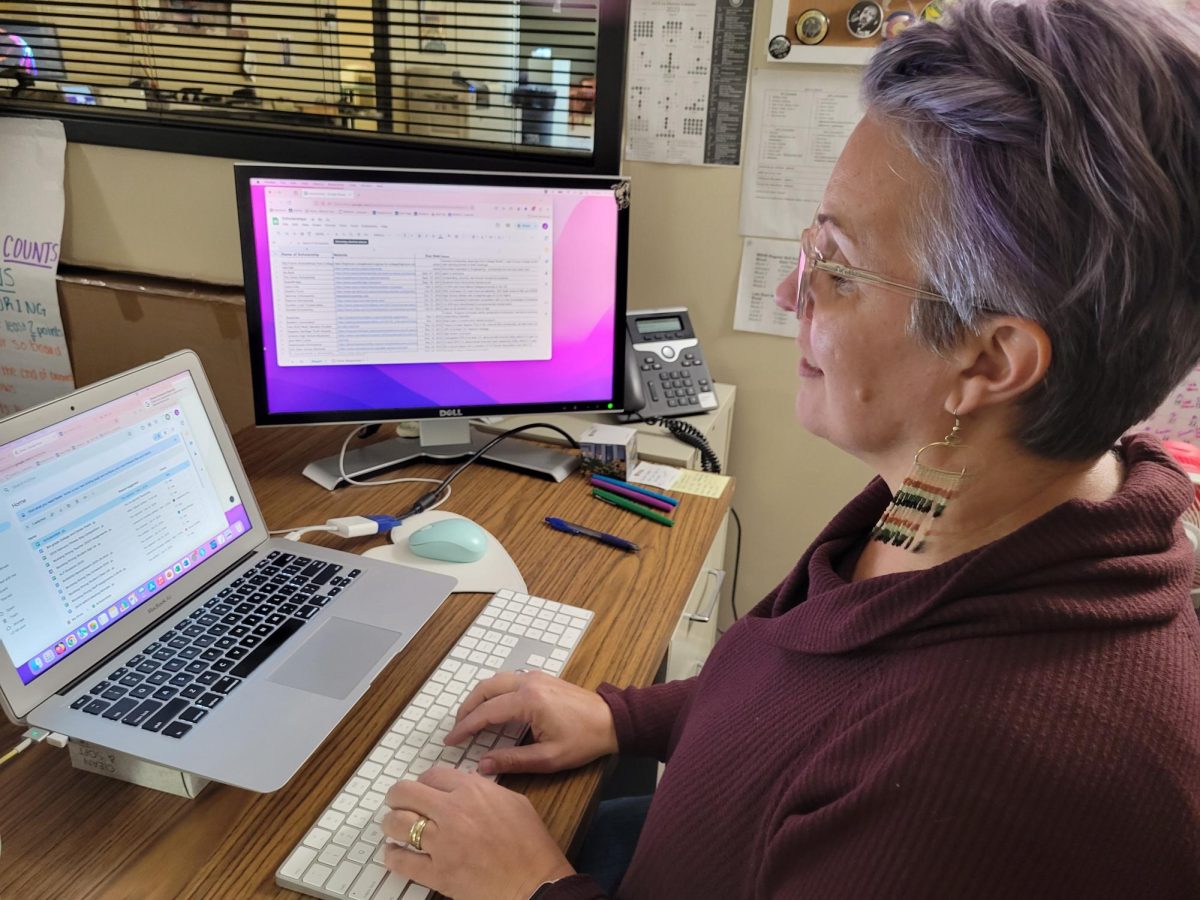
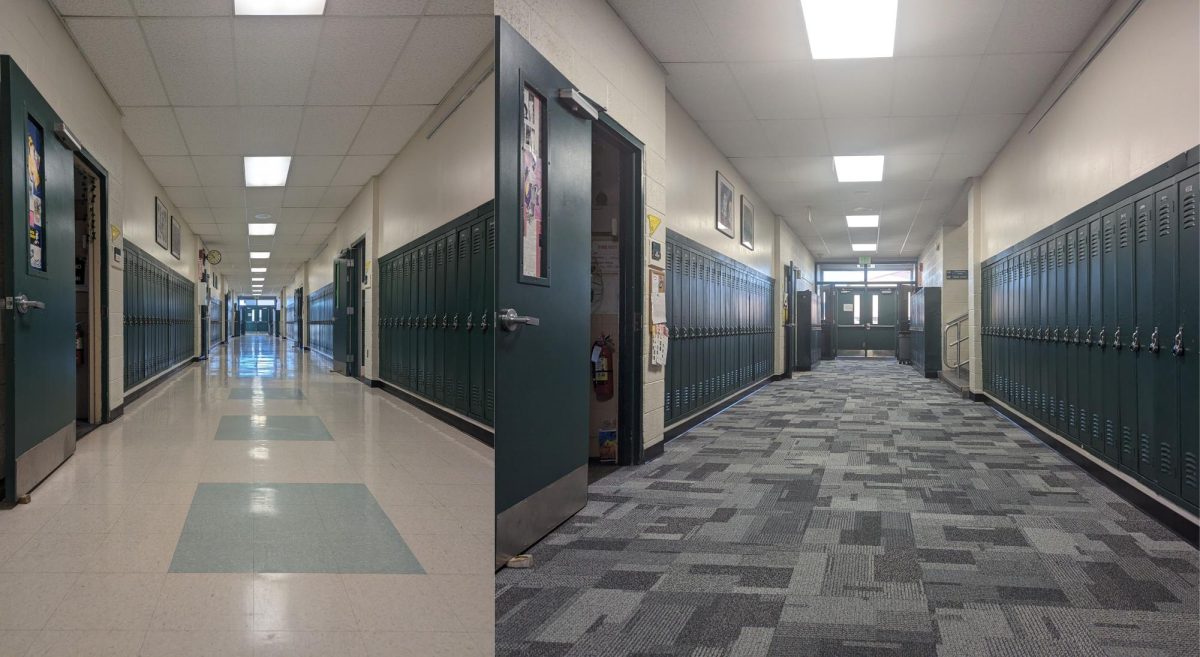
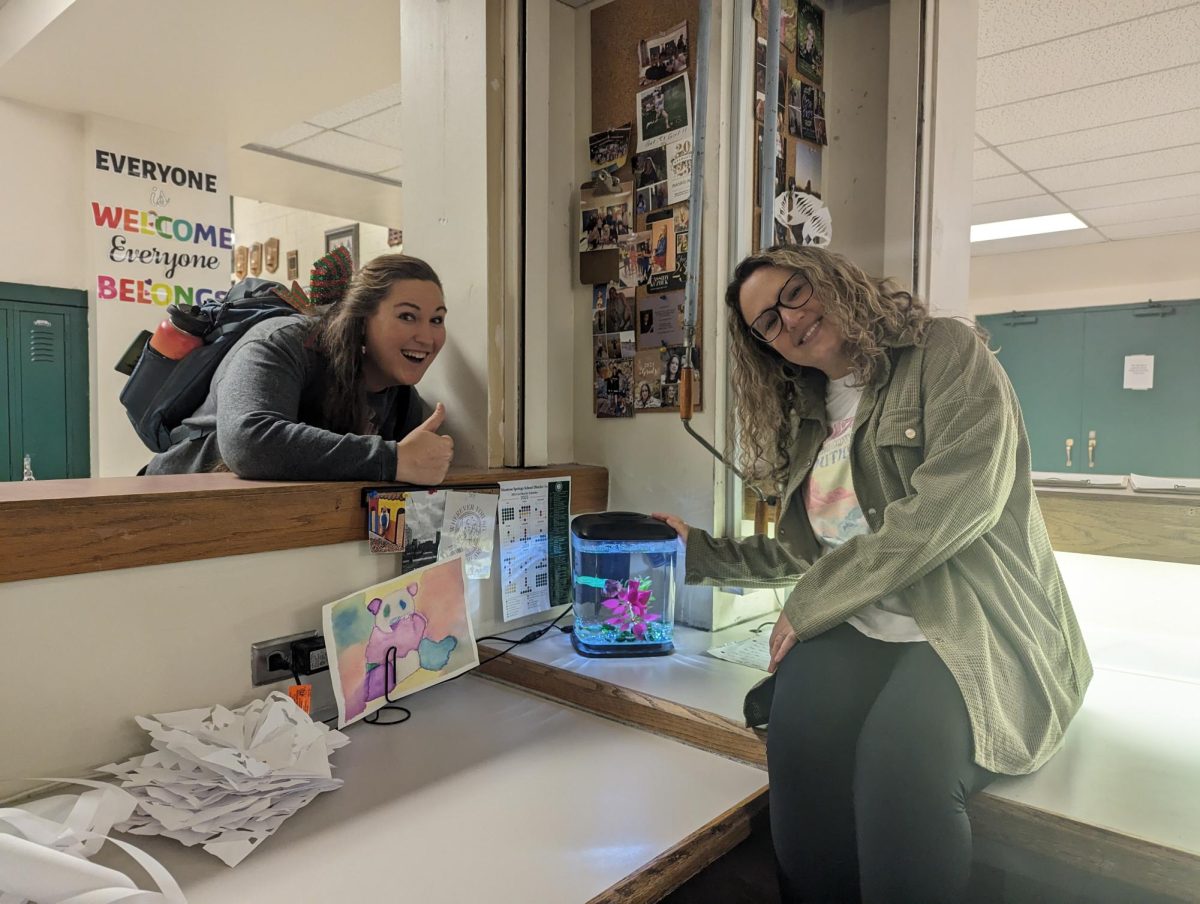

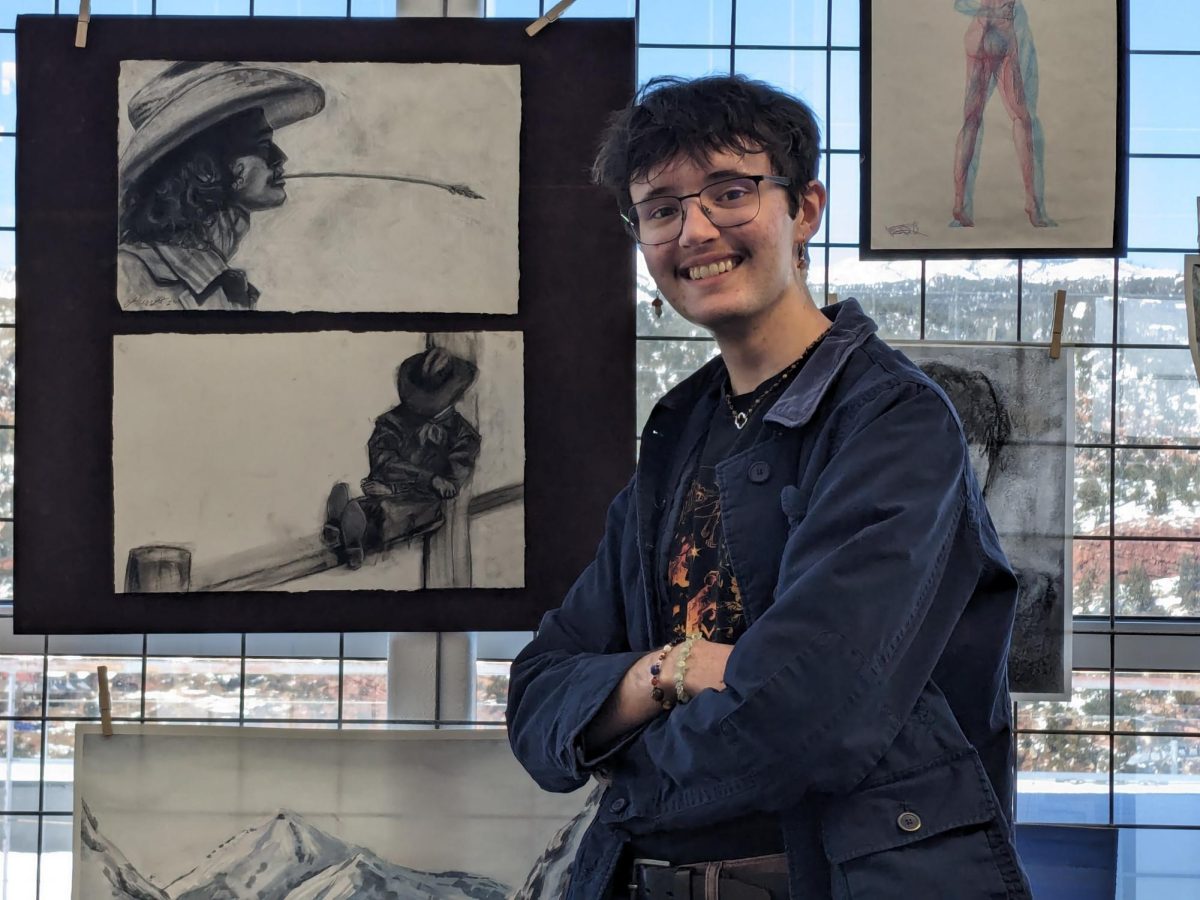

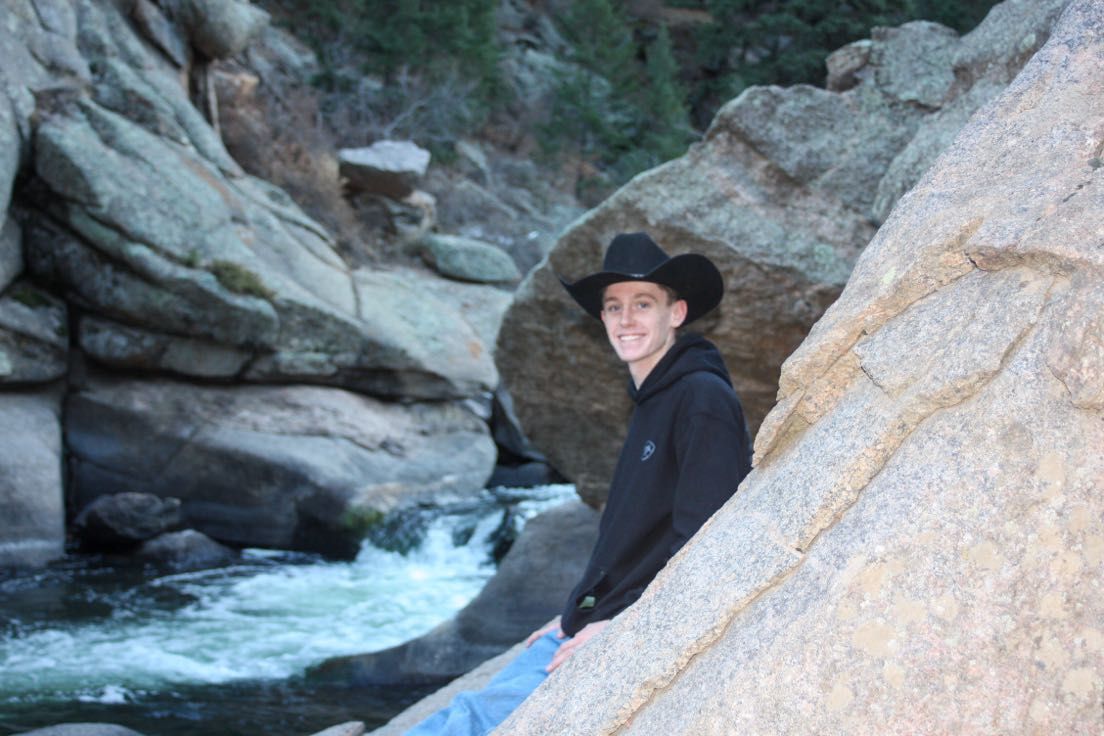
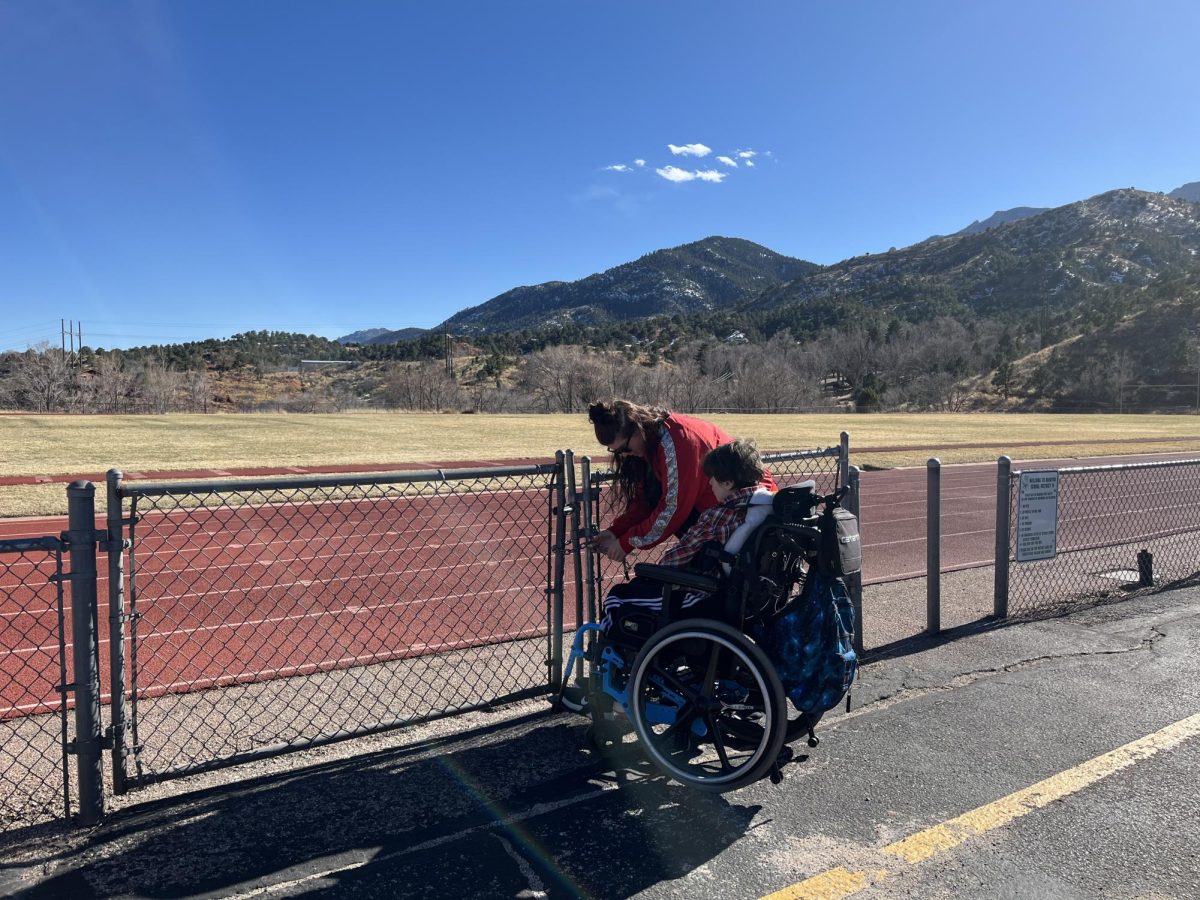
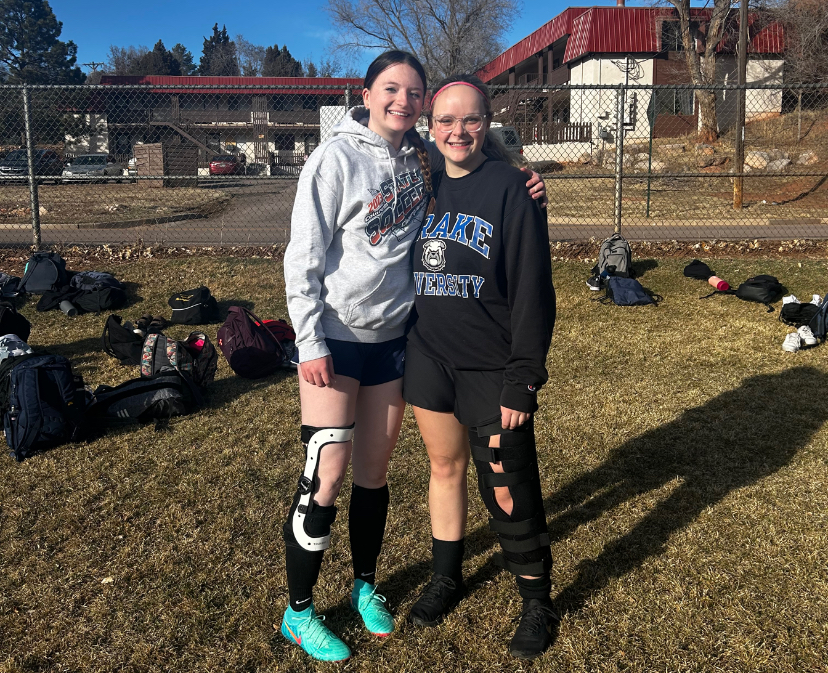

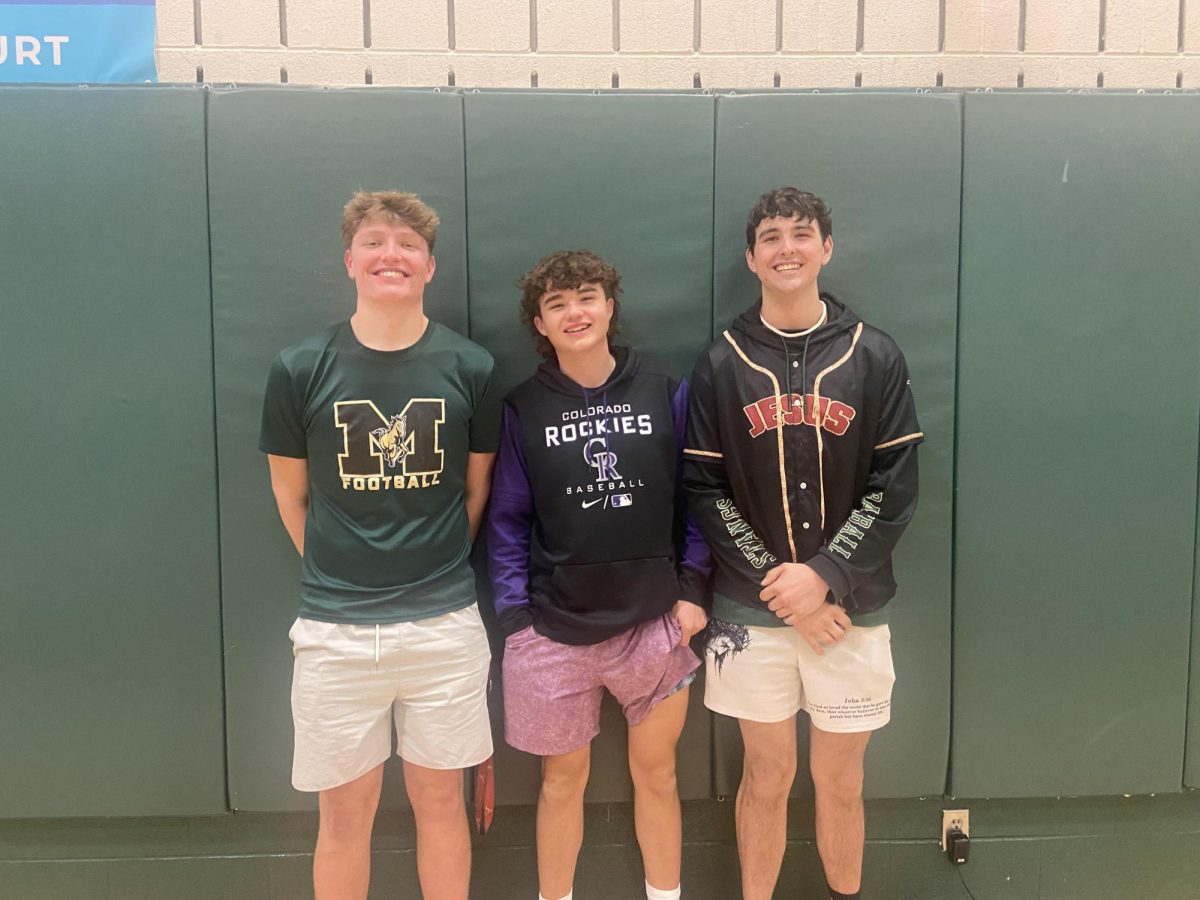


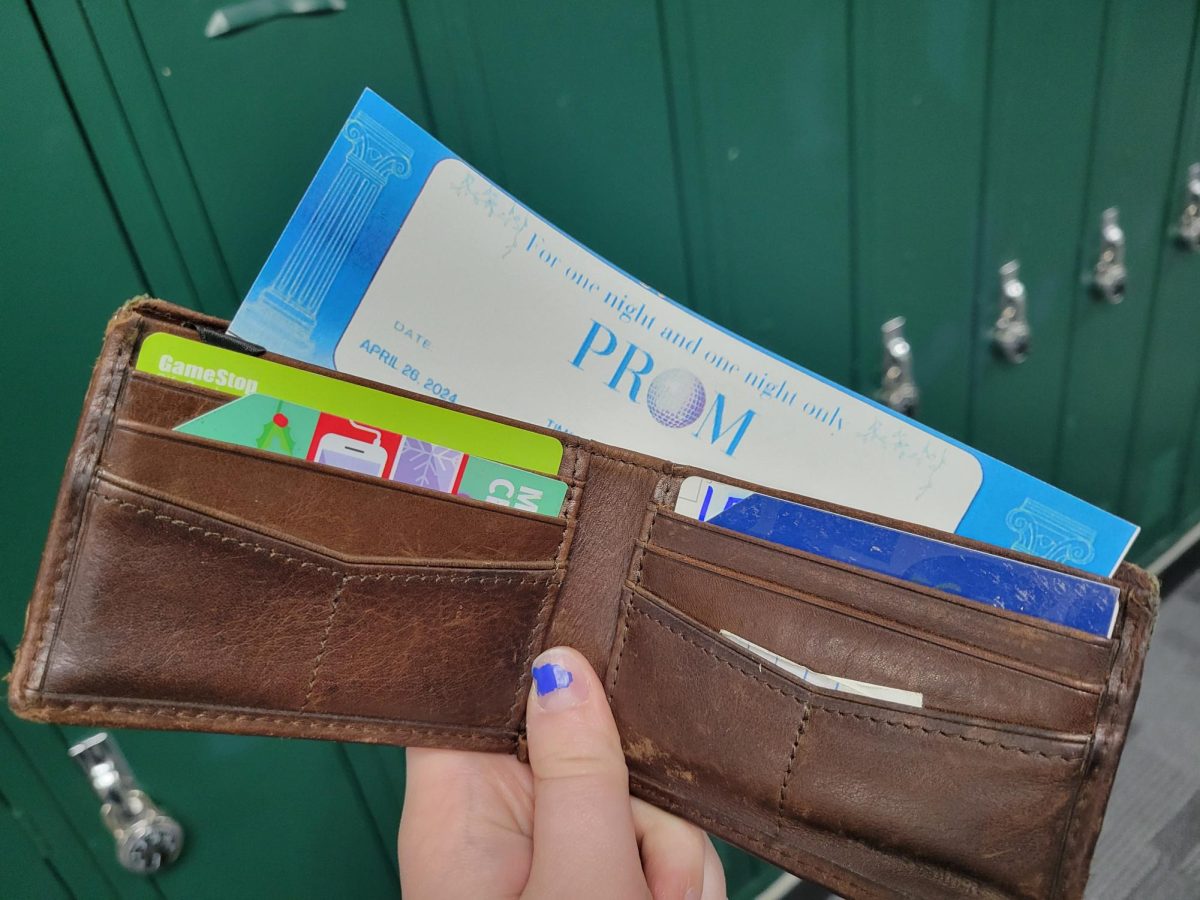
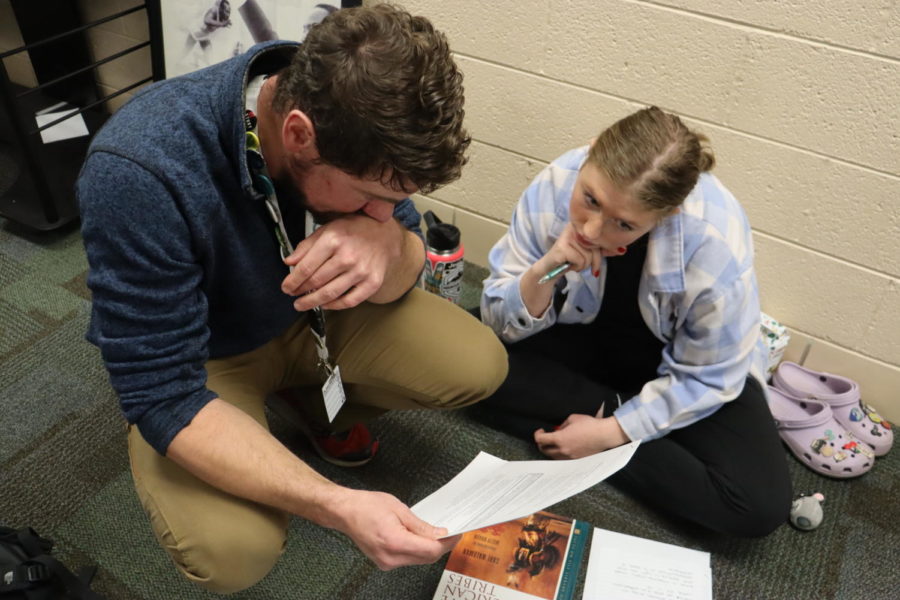
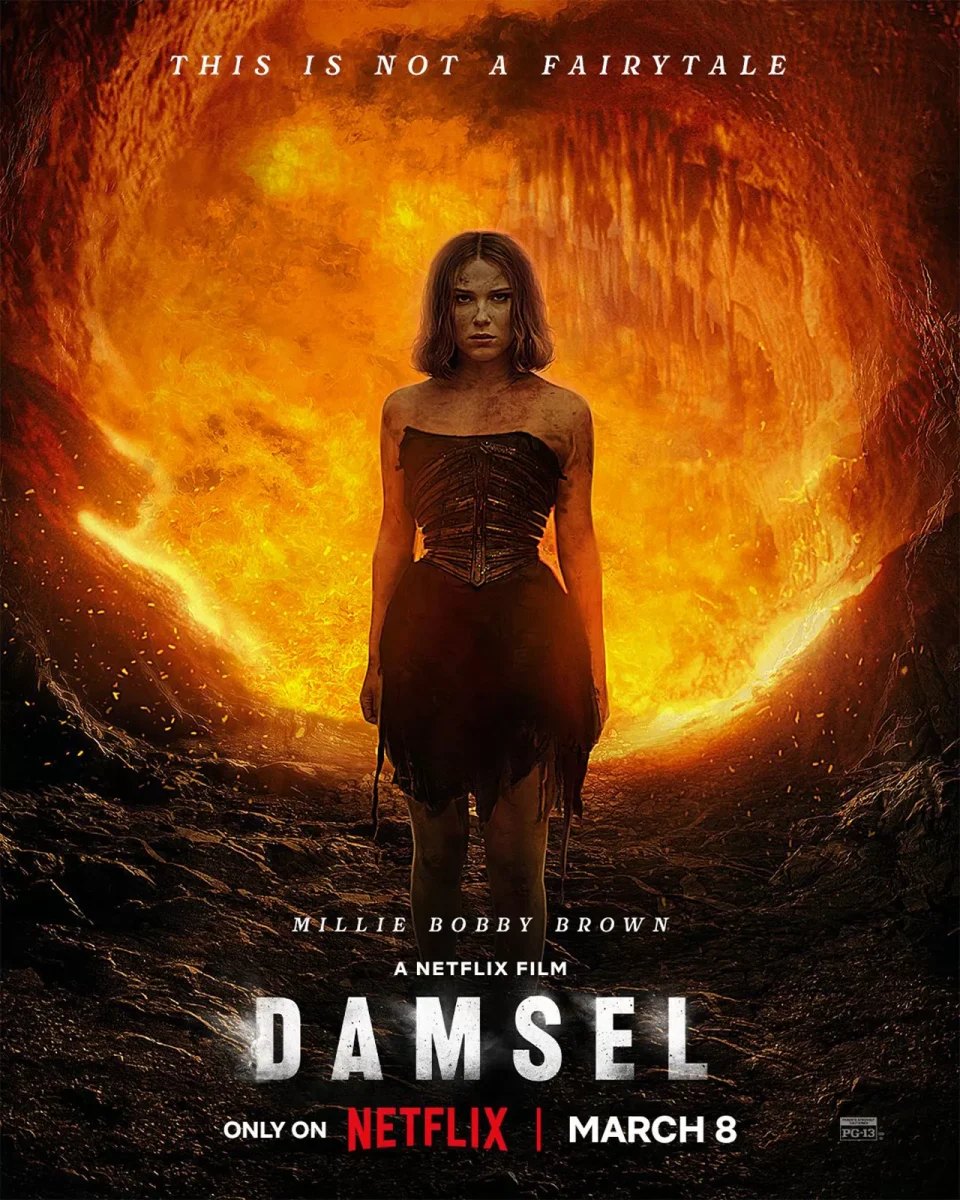

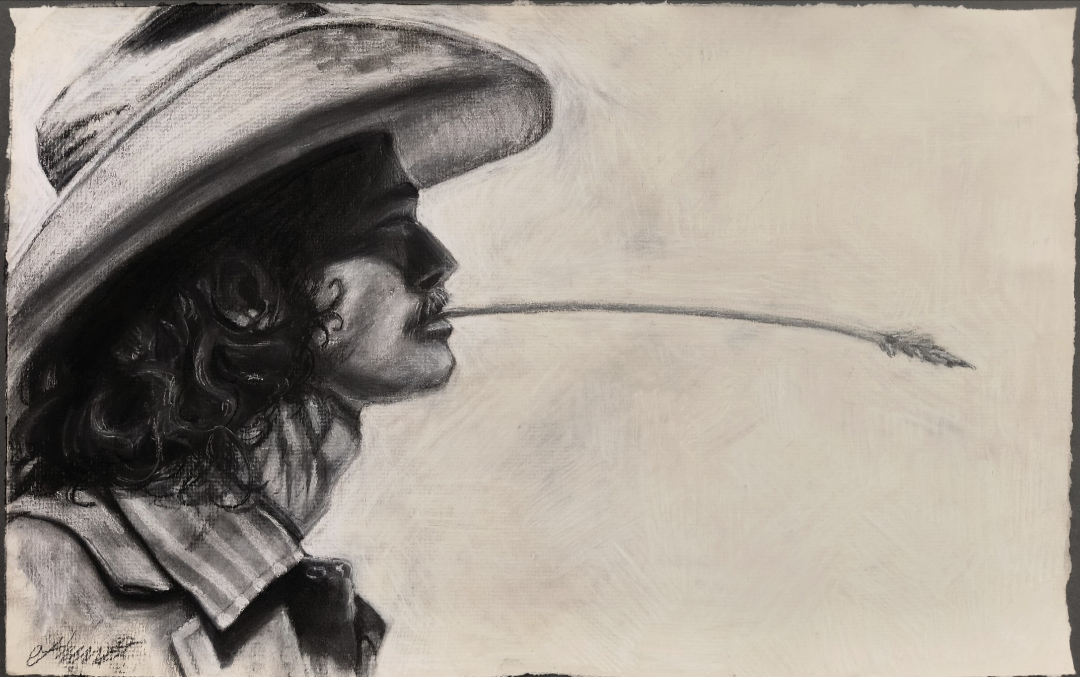
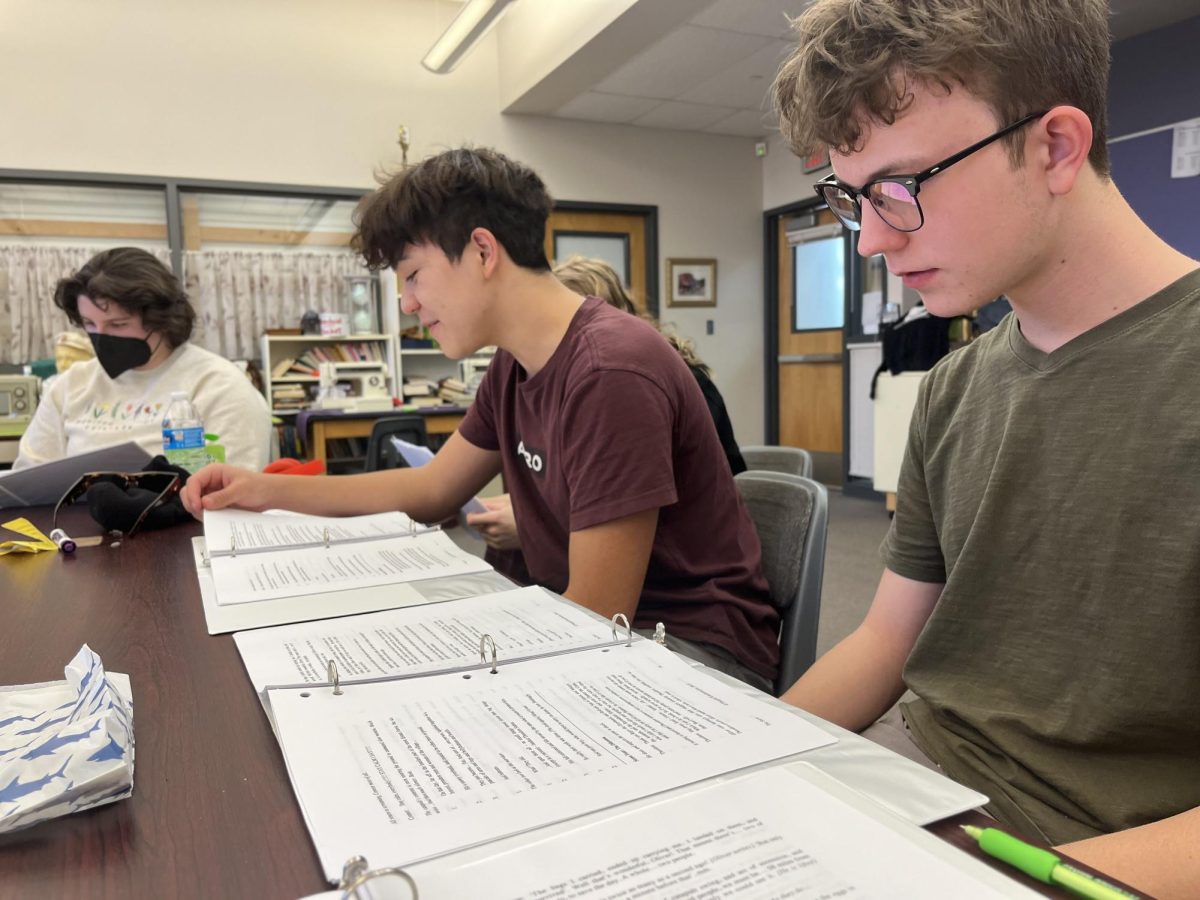


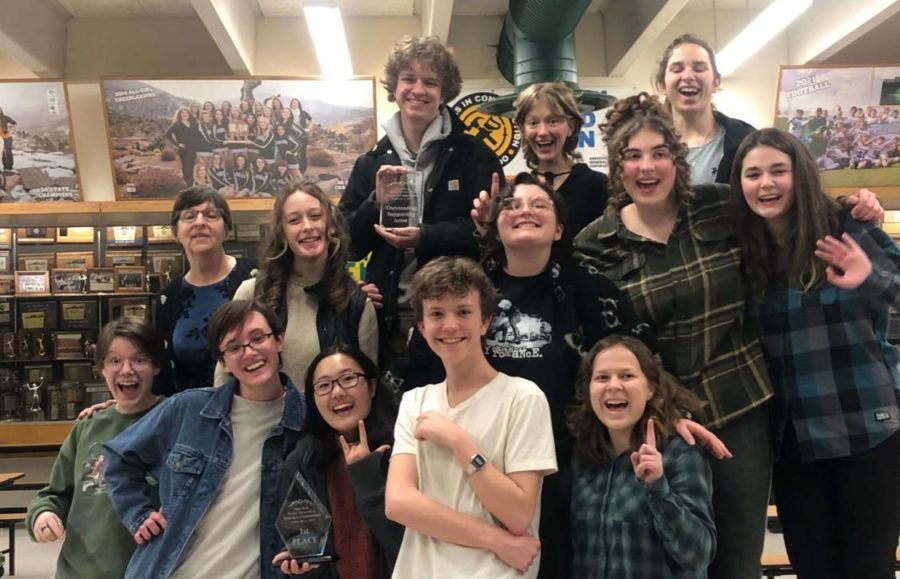
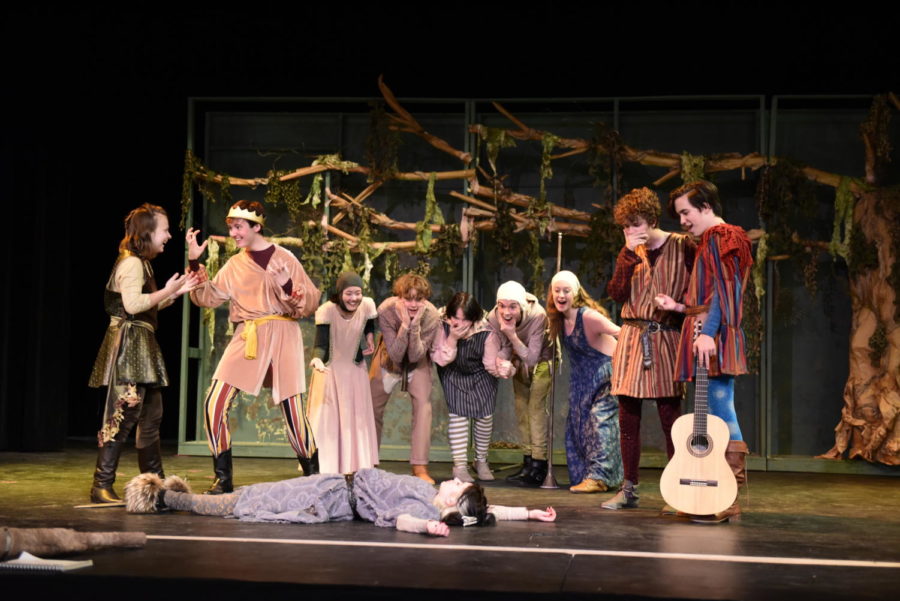
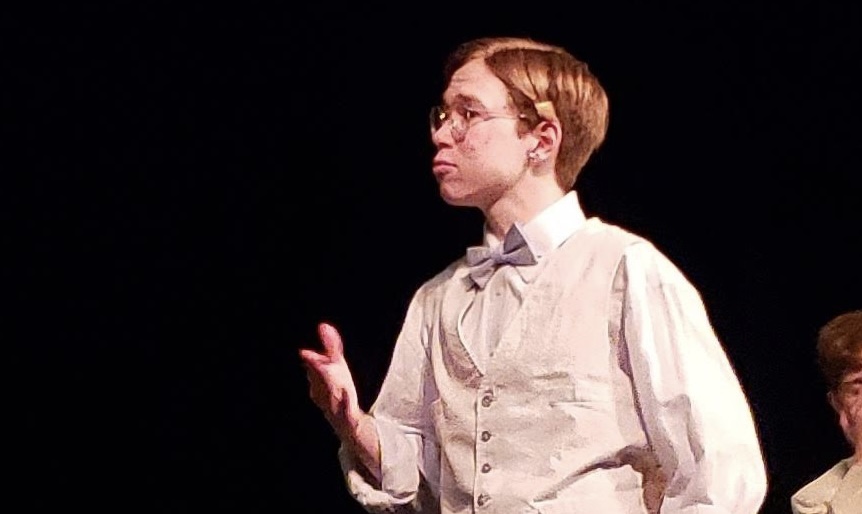
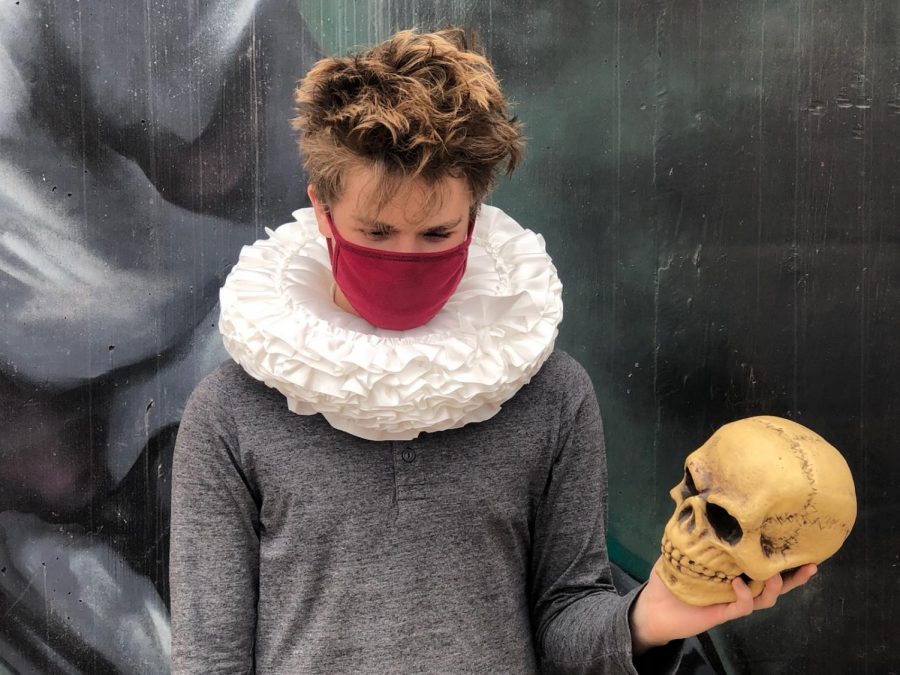





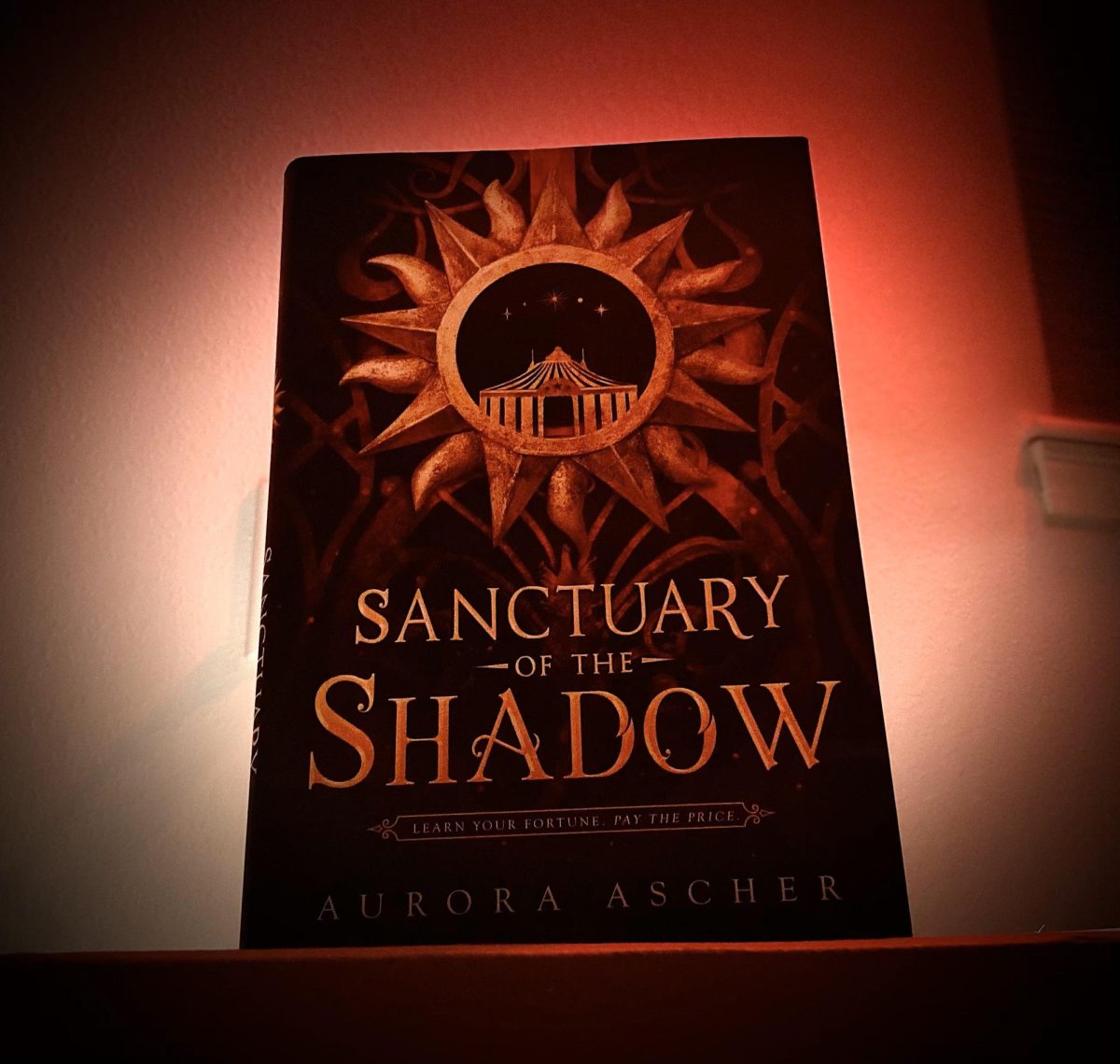
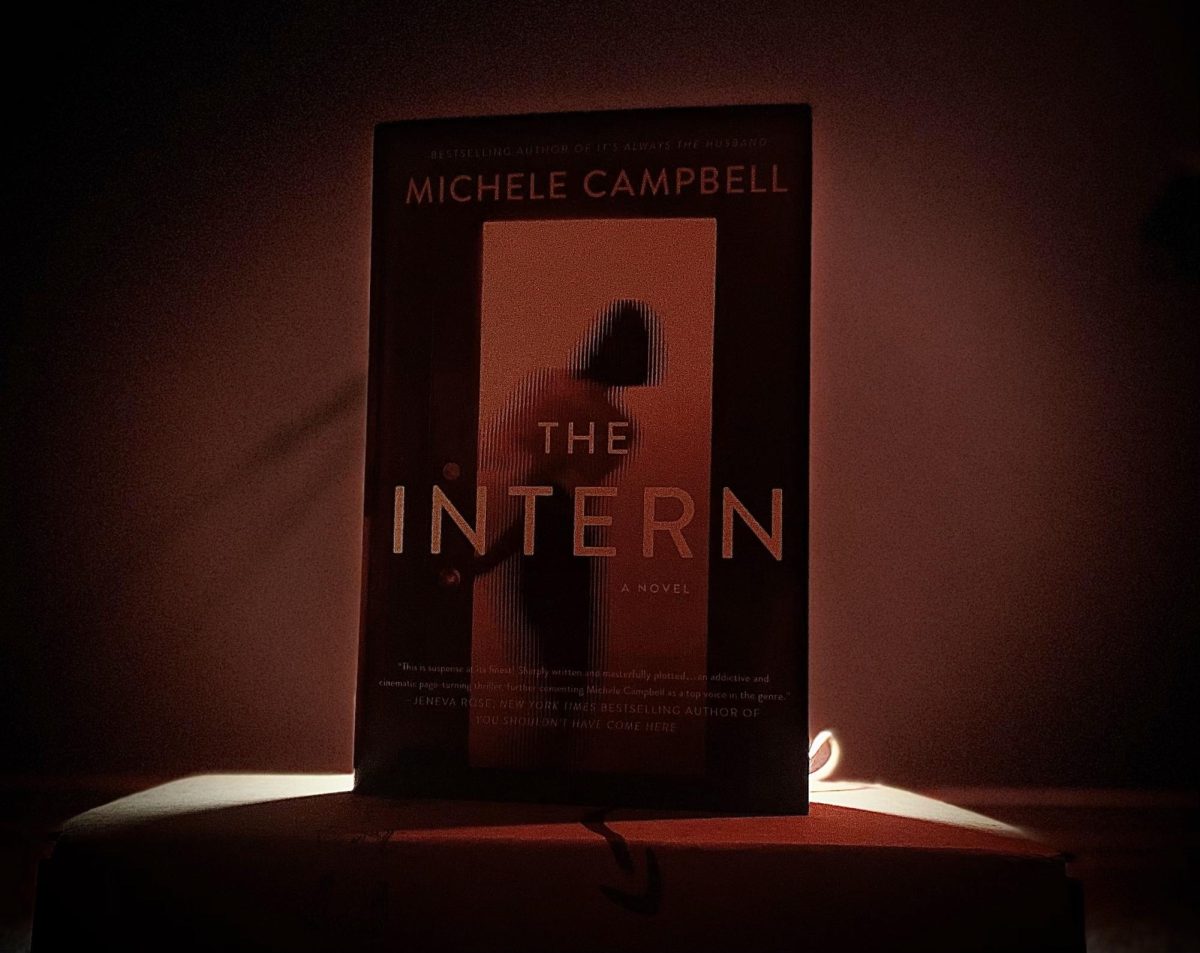


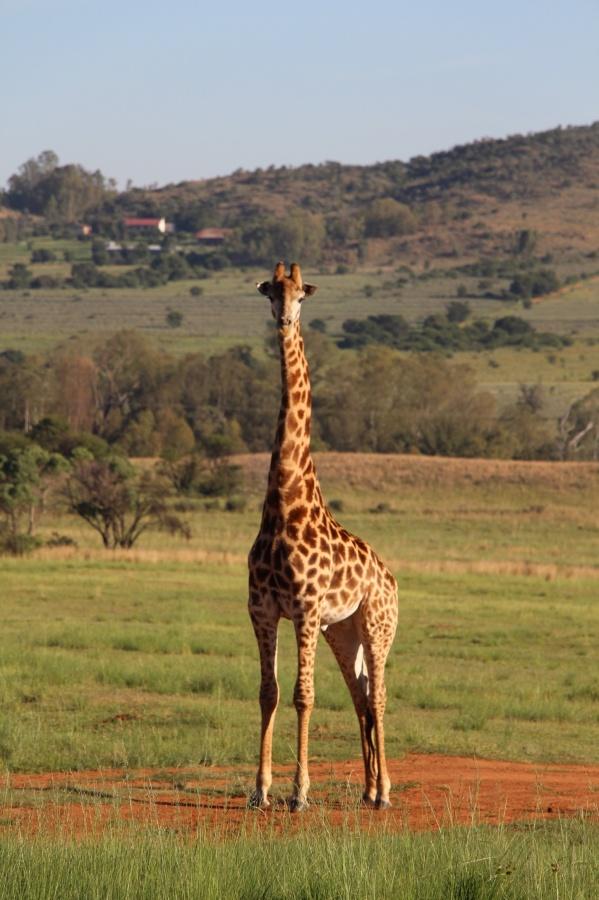

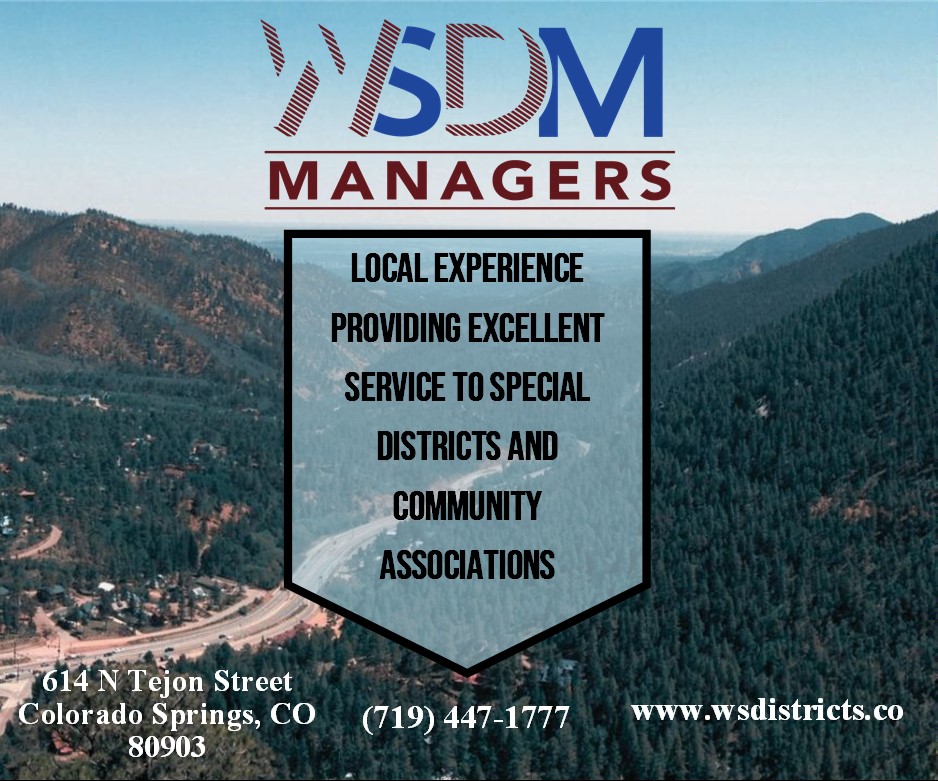







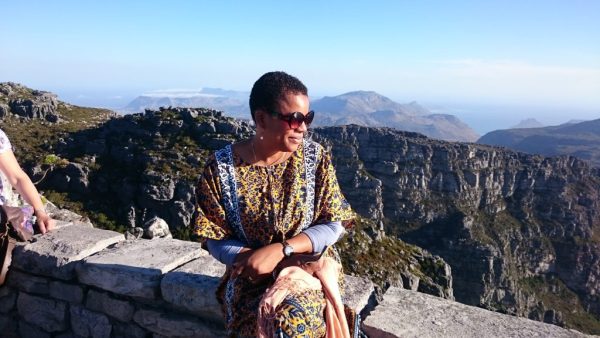

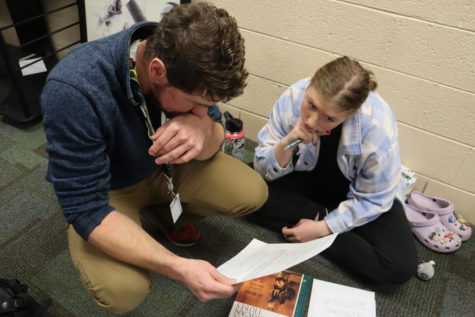
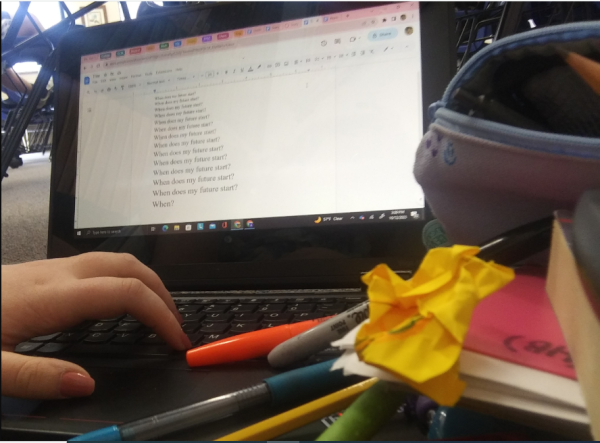
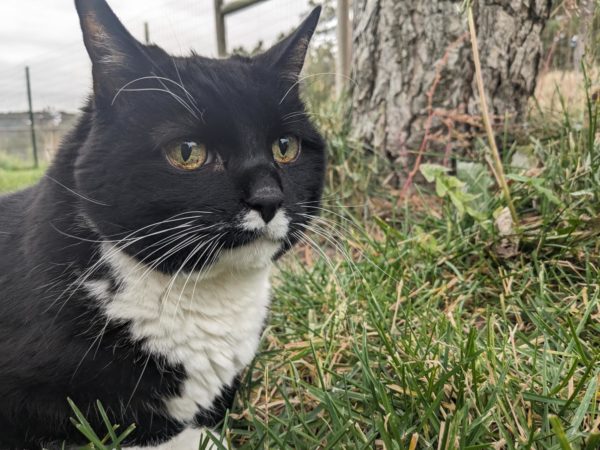
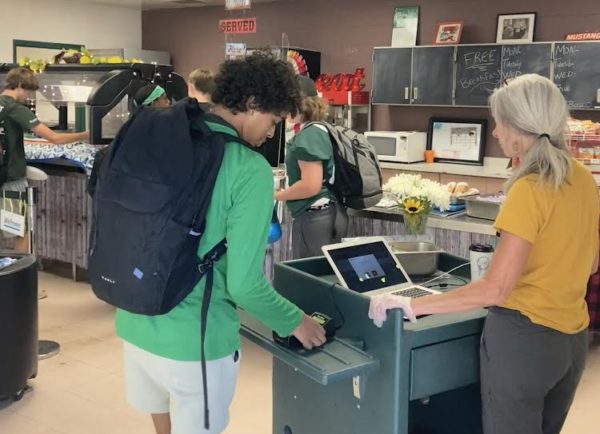
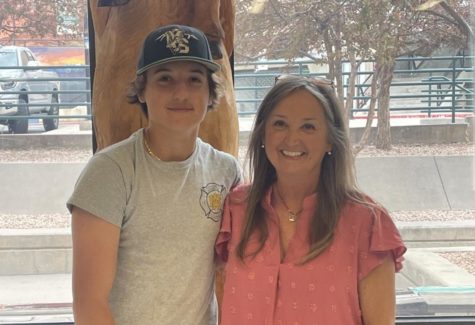
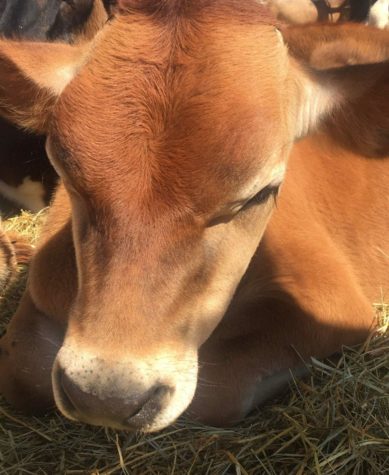
Renee Hartslief • Jan 10, 2015 at 10:37 am
BRAVO! Xx